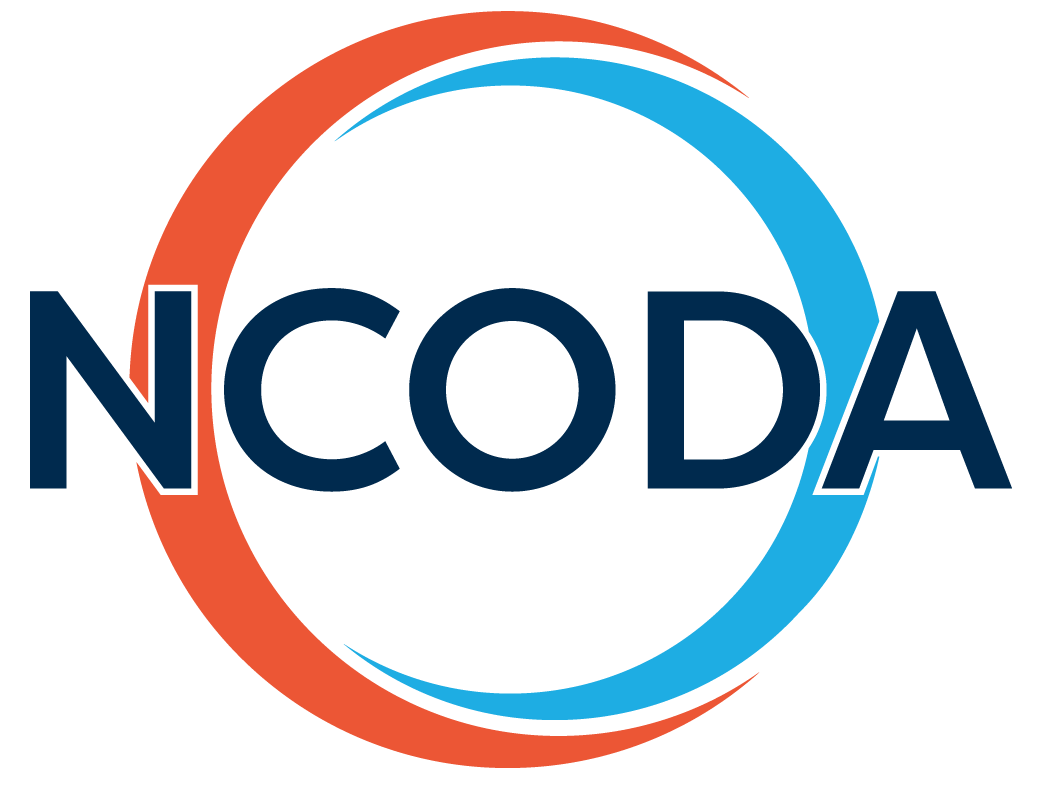2026 International Spring Forum
April 15, 2026 | 12:00 PM EST
Announcing the NCODA-ASCO Updated Standards for Medically Integrated Dispensing
Published Date: June 4, 2025
Share

Cazenovia, New York — May 29, 2025 — NCODA, in collaboration with the American Society of Clinical Oncology (ASCO), is proud to announce updated Medically Integrated Dispensing (MID) standards. Initially developed in 2019, the first joint evidence-based standards for medically integrated dispensing. Since that time, there has been a significant evolution in the utilization of oral oncolytics and increasing complexity related to managing patients on these therapies outside of traditional clinic settings. These revised standards expand the focus beyond medication dispensing to embrace a full spectrum of care — integrating patient-centered approaches addressing access, improving operational workflows, and optimizing outcomes.
“We want to ensure that patients, no matter their background or circumstances, receive the same high standard of care when being treated with oral cancer therapies,” said Michael Reff, RPh, MBA, NCODA executive director and founder. “Medically integrated models have advanced to continually meet patients’ needs and remove common burdens that can hinder cancer care, and these standards are an important step forward as integrated care and MID practices continue to grow.”
The updated standards include significant advances in two essential domains of focus: Patient-centered quality standards and operational quality standards.
The first domain provides guidance in ensuring a patient-centric approach to cancer care. Topics include barriers to health, medication access, patient safety and education, and adherence, which plays a critical role in patient success.
Operational quality standards are the focus of domain two, offering systems support to providers looking to create a best-in-class approach. The standards share recommendations on structural logistics (inventory control, dispensing processes, and delivery systems), care coordination, cost avoidance, and waste prevention for practices.
“These revised standards bring much-needed structure and consistency to the management of oral anti-cancer therapies,” said Chief Scientific Officer and Medical Director at Memorial Cancer Institute, and NCODA executive council member Luis Raez, MD, FACP, FCCP, . He added, “They recognize the unique challenges patients face and ensure practices are equipped to meet those needs in a proactive and compassionate, and way.”
Visit at www.asco.org/standards to view the full standards document. For more information about NCODA and its other initiatives, please visit www.ncoda.org.
About NCODA
NCODA (Network for Collaborative Oncology Development & Advancement) is the leading medically integrated oncology non-profit organization dedicated to empowering cancer care professionals to deliver positive, patient-centered outcomes through leadership, expertise, quality standards, and best practices. NCODA believes that the coordination of care facilitated through a medically integrated approach enhances quality by engaging all stakeholders on the care team, reduces the opportunity for waste and errors, and avoids needless costs to patients. NCODA offers education and resources to oncology professionals and industry partners through the development of quality standards, best practices, and advocacy. Founded in 2015, NCODA has helped over 3,000 medically integrated sites of care and over 12,500 professionals across the world, in delivering better, personalized oncology care. Our team is a group of committed, patient-centered community builders who connect medical providers with the vital information and resources they need to transform the outcomes of those fighting cancer. For more information, visit www.ncoda.org or follow us on LinkedIn.
Media Contact:
Katie Edmiston
NCODA
(813) 843-1629






